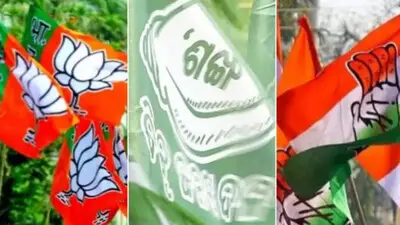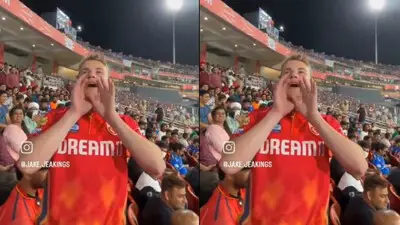Recommended Stories
New Delhi: The Supreme Court was moved on Thursday, challenging the NEET ordinance exempting Tamil Nadu, Kerala, Andhra Pradesh, Telangana, Gujarat, Maharashtra and Punjab for this year from the ambit of National Eligibility-cum-Entrance Test (NEET) for medical colleges.
The petition has been moved by Anand Rai - whistle-blower in Madhya Pradesh's Vyapam admission and recruitment scam and on whose earlier petition, the apex court had ordered CBI probe in the Vyapam scam.
In his new petition, Rai has challenged the NEET ordinance which was signed by President Pranab Mukherjee on May 24, contending that the ordinance was contrary to the stand taken by the central government before the top court wherein it had said that it "favoured unified, standardised medical entrance exam for the whole of India".
Speaking to IANS, Vaibhav Srivastava, advocate for Rai, said that petition says that "lakhs of students are confused as to what will happen after the promulgation of ordinance as the state governments have been given a choice to conduct their own medical entrance examinations for the seats in the government medical colleges as well as for the government quota seats in private medical colleges".
He said that PIL notes that the ordinance is "in direct conflict with the stand taken by the Union of India before the Supreme Court in the case of NEET as they (central government) were eager to conduct unified, standardised medical entrance examination for the whole of India" and sought to know the reasons. "What is the compulsion, why the U-turn," asked Srivastava.
He said that the PIL is likely to be mentioned on Friday before the vacation bench of Justice Prafulla C. Pant and Justice D.Y.Chandrachud for an early hearing but if it does not happen, then it would certainly be mentioned on Monday.
President Mukherjee had signed the ordinance on May 24 after seeking clarifications from the government including legal opinion from legal luminaries and government's senior law officer.
Though the NEET ordinance had permitted Tamil Nadu, Kerala, Andhra Pradesh, Telangana, Gujarat, Maharashtra and Punjab to enrol students in undergraduate medical courses on the basis of exams conducted by them, the apex court by its May 9 order had refused to modify its April 28 order making NEET mandatory for admission to undergraduate medical courses across the country for the academic year 2016-2017.
A bench of Justice Anil R. Dave, Justice Shiva Kirti Singh and Justice Adarsh Kumsr Goel had held that "prima facie, we do not find any infirmity in the NEET regulation on the ground that it affects the rights of the states or the private institutions" and found "no merit" in the applications seeking modification of its April 28 order making NEET the only route for admission to medical colleges.
Meanwhile, Gujarat-based student Jugal Nikhil Shah filed a caveat seeking to be heard in the event of any challenge to the NEET ordinance.













